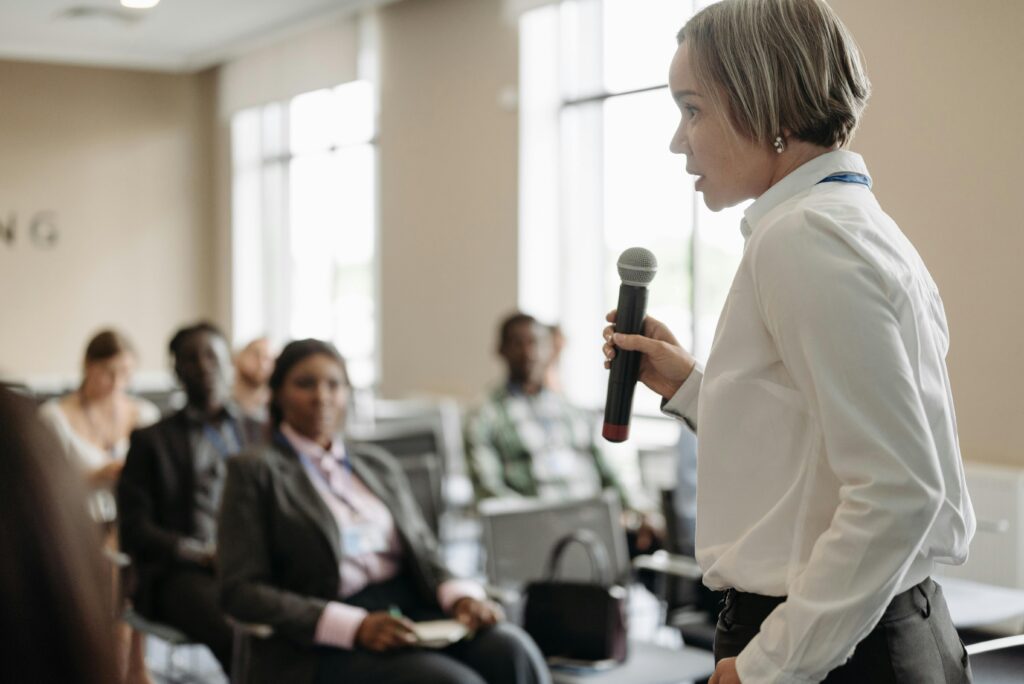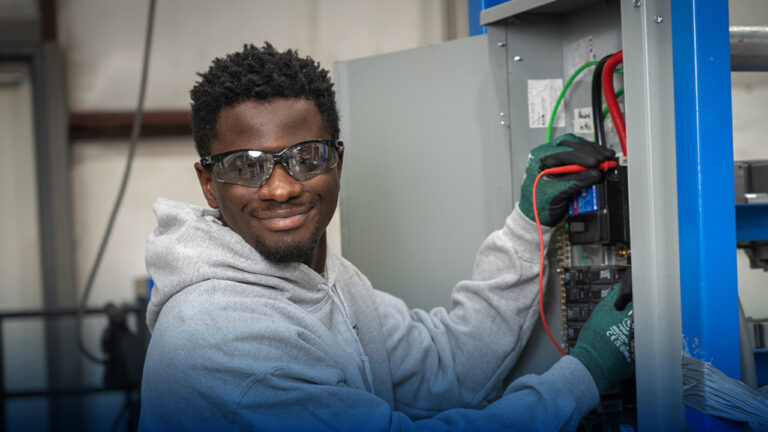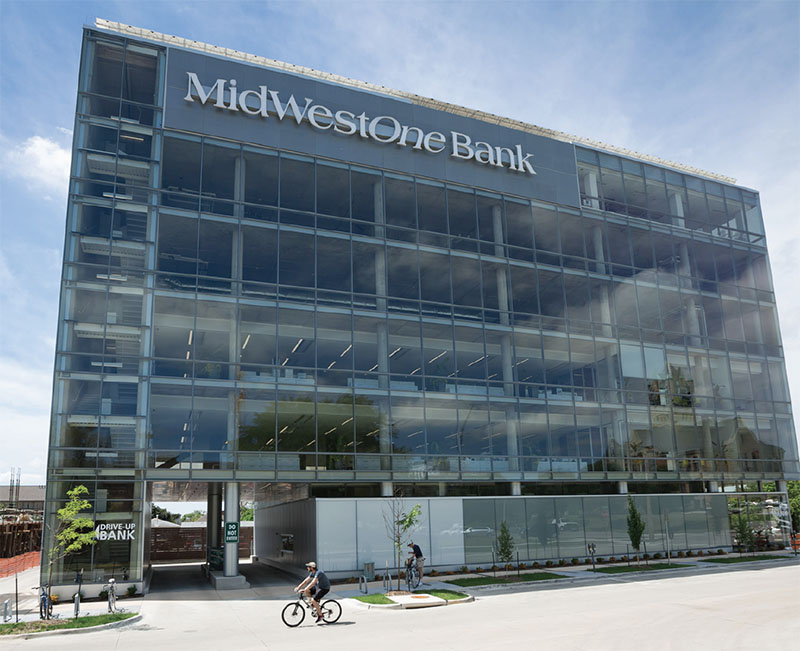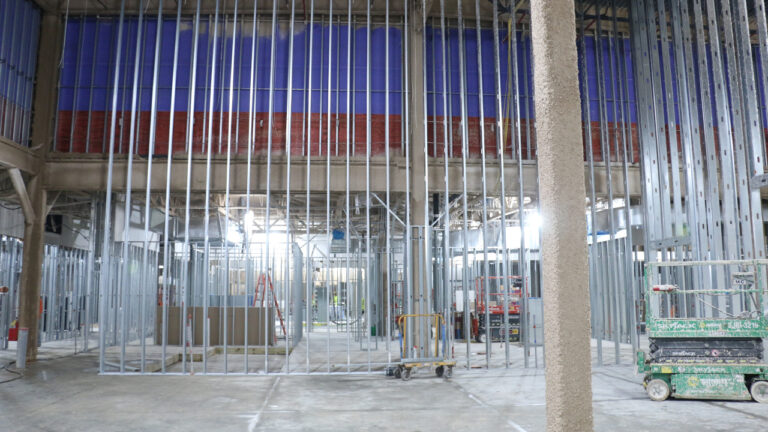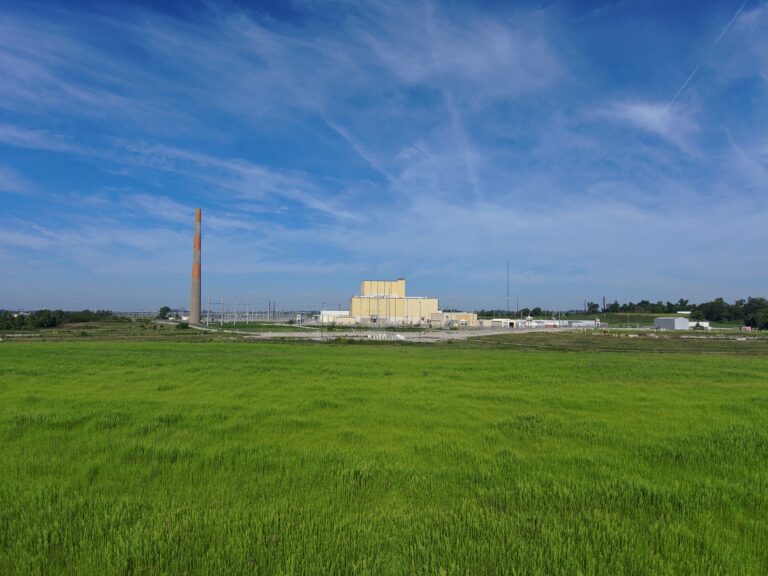
In an age of political tension, social media pile-ons, and “cancel culture,” the call for civility has become a popular refrain. We hear it from elected leaders, educators, pastors, you name it: “We need more civility.” Too often, that word gets reduced to tone policing — encouraging everyone to speak in soft voices and avoid difficult topics. But going along to get along just papers over real problems until they explode.
In city government, I’ve sat in public and private rooms where opinions are passionately divided. I’ve seen citizens speak out in frustration, even anger. People raise their voices because they care, but yelling over each other doesn’t solve anything. What we should be talking about is respect.
Respect shows up not when things are easy, but when they’re hard. I’ve been in meetings where community members shared painful experiences and strong opposition. And while those moments are never easy, the most productive outcomes usually follow a willingness to listen. Minds have changed — including my own — not because someone shouted louder, but because someone chose to speak with clarity, conviction and respect.
At every level — from city council meetings to Congress to our own kitchen tables — robust debate helps sharpen ideas and build better solutions. The problem isn’t that we disagree; it’s how we treat each other when we do. The true measure of civility isn’t whether we agree — it’s whether we’re willing to hear each other out and work toward common ground.
It’s not about soft voices. Agreeable temperaments. Resignation.
Civility doesn’t mean never raising your voice or always being agreeable. It means believing the other person, no matter how different their view, deserves to be heard and, more importantly, understood. It means being open to learning from others. That’s respect.
It also means being brave enough to stay in the conversation — especially when it’s uncomfortable. Too often, we confuse retreat with virtue, as though walking away from disagreement is more noble than working through it. But if we don’t engage, we don’t grow. And if we don’t grow, we don’t solve anything. Staying respectful doesn’t mean staying silent. It means holding the door open to dialogue, even when it’s difficult.
F. Scott Fitzgerald said “the test of a first-rate intelligence is the ability to hold two opposed ideas in mind at the same time and still retain the ability to function.”
Respect means recognizing that everyone, no matter their background, has a story that shapes their views. It means listening more than we talk, asking questions to understand, and resisting the urge to label or dismiss others just because we don’t agree.
If we want to raise the standard of discourse in our communities, let’s start by practicing respect. Let’s create spaces where people feel safe to speak their minds and understand there’s more than one way to see and say things. Speak to be understood. Listen to learn. You never know what insight it may unlock. And don’t be afraid to acknowledge when your position evolves.
And call out disrespect as it happens.
A respectful community is a strong community. Strength doesn’t come from conformity, but from the willingness to stand together — even when we see the world differently. If we want our cities and our democracy to thrive, we don’t need more politeness — we need deeper respect for one another’s humanity.
Tiffany O’Donnell has served as mayor of Cedar Rapids since 2022.


